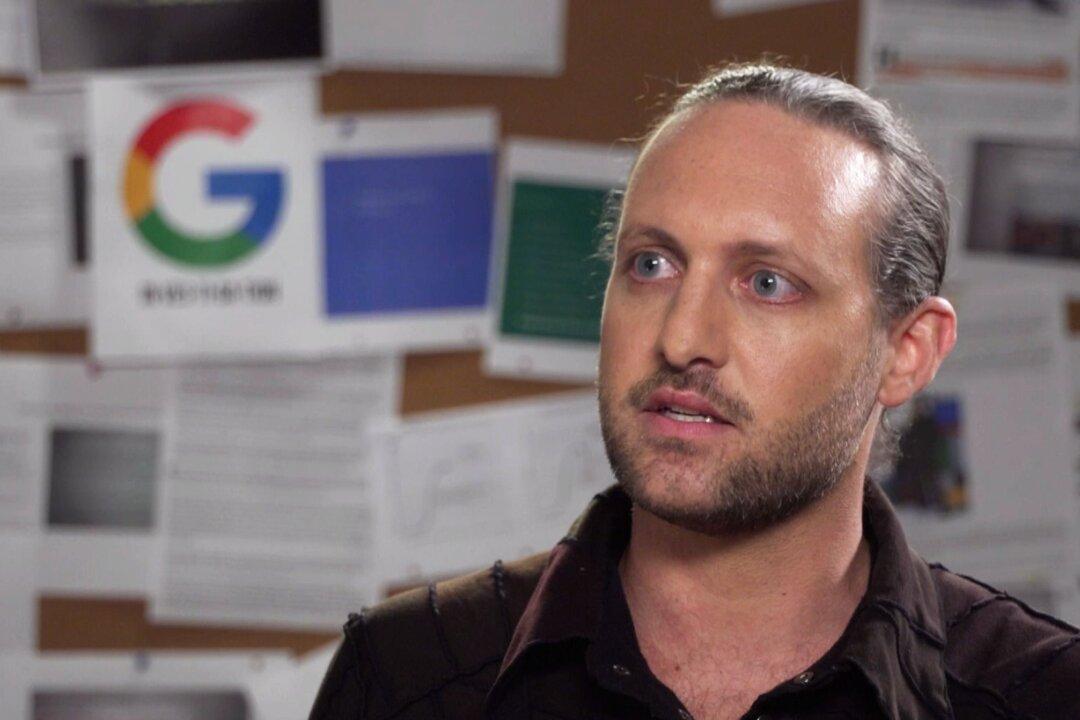A former Google engineer has released nearly 1,000 pages of documents that he says prove that the company, at least in some of its products, secretly boosts or demotes content based on what it deems to be true or false, while publicly claiming to be a neutral platform.
The software engineer, Zach Vorhies, first provided the documents to Project Veritas, a right-leaning investigative journalism nonprofit, as well as the Justice Department’s antitrust division, which has been investigating Google for potentially anti-competitive behavior.





